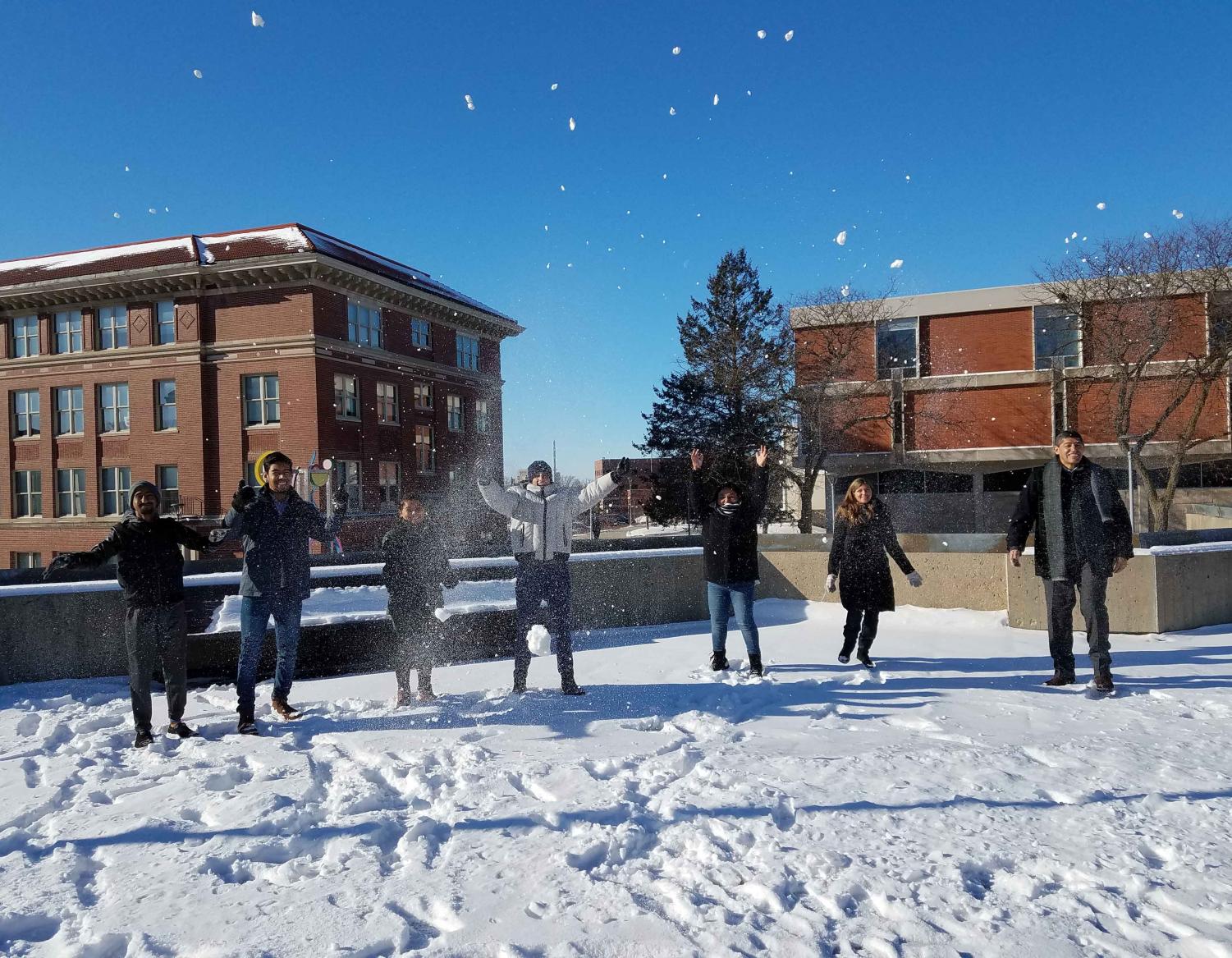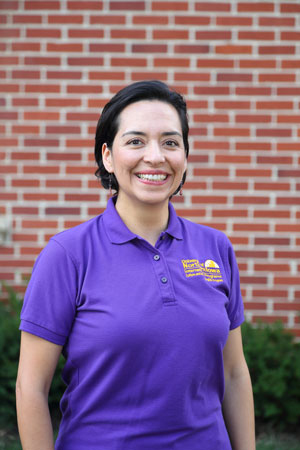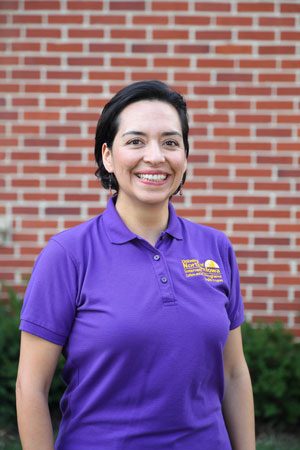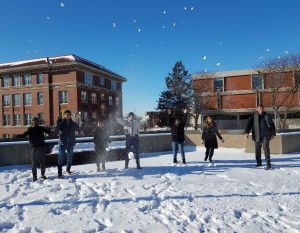CIEP program celebrates 35 years
Jan 18, 2018
The Culture and Intensive English Program (CIEP) at UNI recently celebrated 35 years of helping international students learn English and acclimate to American culture. The program has been accredited since 2005.
UNI is one of only 200 institutions in the world to receive accreditation from the Commission on English Language Program.
“We are a pathway program at UNI, a door for UNI for international students,” explained Carolina Coronado-Park, the director of CIEP. “Last year, we had 371 students currently studying at UNI who had gone through CIEP.”
The program teaches beginner, intermediate and advanced level courses in three categories: listening and speaking, writing and grammar and reading.
There are a total of seven levels to the program, but due to demand only levels three through seven are currently offered at UNI.
Although a new student can enter at whichever level they would like, they must pass that level if they return to progress to the next level.
According to Coronado, CIEP works with three different student populations. The first are students seeking to improve their English skills to later study at UNI or another university.
There are also condition admitted students, who want to enroll as undergraduate students but are not proficient enough in English to do so. These students enroll in CIEP until they are at the necessary level to enroll. A third group will enroll in the program for only a month or two to improve their English. These students come from all over the world, including the partner institutions that UNI has in nearly 30 different countries.
One student currently going through CIEP is Kenta Uchida. Originally, Uchida is from Japan where he started his studies in biology and chemistry. Uchida started at level five of CIEP last semester. Now he’s at level seven.
“Usually Japanese people have great grammar skills, but cannot write essays or speak English,” Uchida said. “The grammar is very easy for me, but writing essays is very difficult; it’s kind of new for me. And, also, the length is too much for me [. . .] I think I took two hours to write one essay — just one page. But now I’m good at it — I’m getting better.”
Another CIEP student is Remy Kazengu, who has been a part of the program since June 2016. Kazengu is from the Democratic Republic of the Congo and hopes to study microbiology at another American university after completing CIEP.
“CIEP is a great program,” Kazengu said. “It wasn’t really easy, because when I came first year, I couldn’t speak American. I remember I lost a job because of my language. I couldn’t speak good English, and I couldn’t understand what people would tell me. So, I didn’t get a chance to have a job.”
CIEP is more than just classroom time spent learning English. One important part of CIEP is the conversation partner program. For a minimum of one hour a week, UNI students meet with CIEP students to give them real-world English conversation practice.
Uchida enjoys his experiences with his own conversation partner.
“I have a very good conversation partner,” Uchida said. “Usually, we go out to eat, and also we hang out to play games or go buy something. He is very nice.”
Another element of CIEP is the International Friendship program, in which students meet with a local family one or two times a month. This family will invite the student into their home, introduce them to their family and teach them about American culture. In the Retired Senior Volunteers Program, students meet with senior citizens from the Cedar Valley.
“We are not just training students to be able to express themselves in a different language; we are teaching them how to study in a higher learning institution,” Coronado-Park said. “There are different styles of how to write a paper in Latin America or in Asia than in the U.S. So, we focus on how to do academic research in the United States. We teach them how to read scientific articles; we tell them how to write a paper, how to cite, summarize [and] paraphrase.”
CIEP also involves cultural talks. According to Coronado-Park, faculty members speak on a wide range of topics, from the impact of Martin Luther King Jr. to dating in the United States. These lectures give students an opportunity to practice listening to a professor, discussing what they learned and taking notes.











